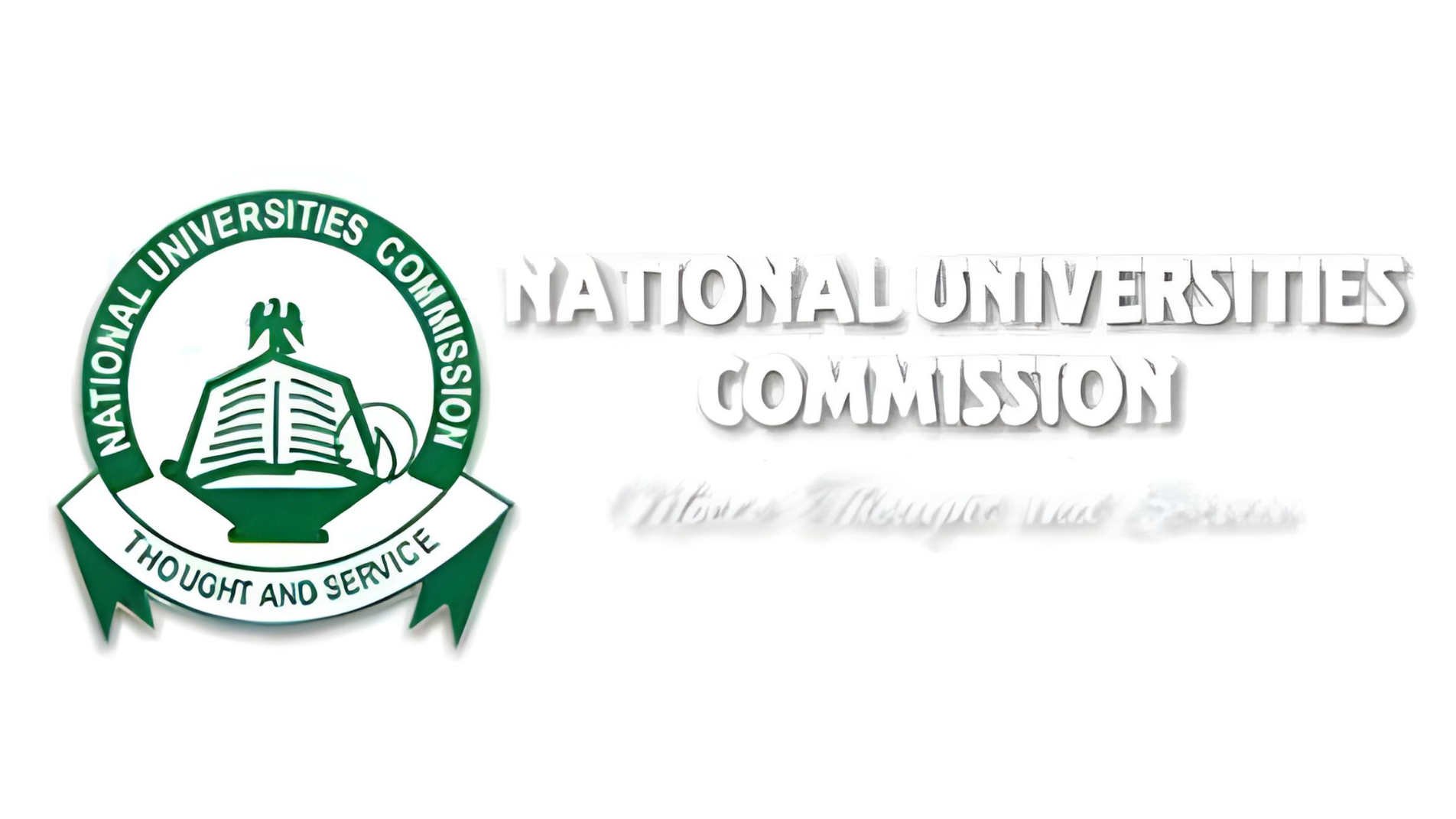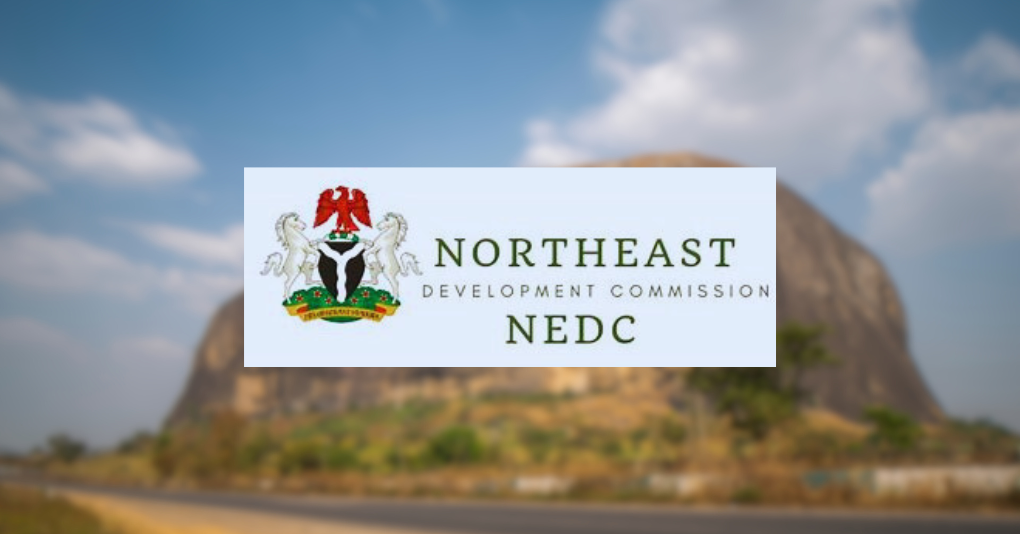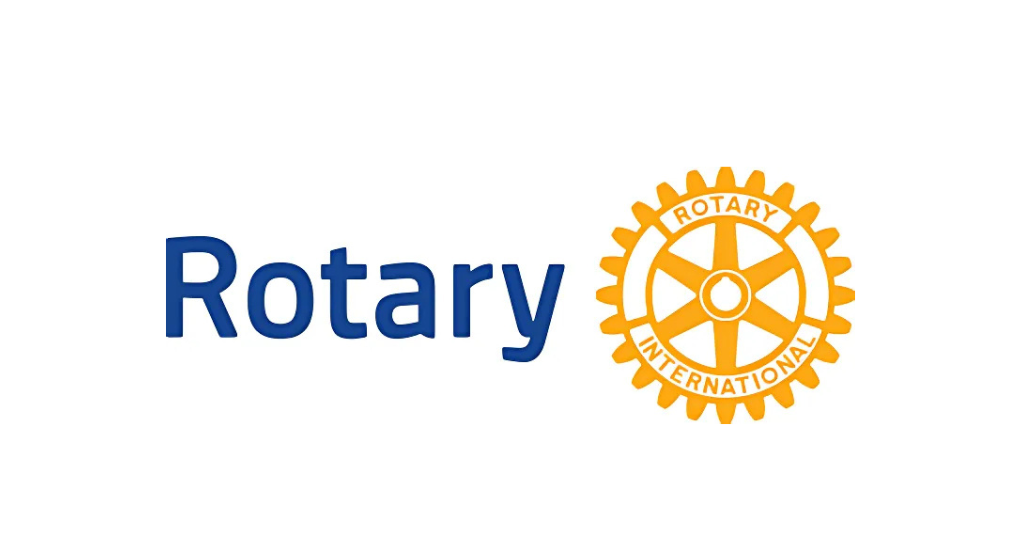The National Universities Commission (NUC) is set to introduce 12 new programmes into the curriculum of Nigerian universities across the country designed to equip students with the 21st century skills, employability skills and self-reliance needed to thrive in a dynamic world.
Boldscholar gathered that 12 new programmes were either outstanding or omitted during the earlier review of the curriculum in the Nigerian University System (NUS) when NUC developed Core Curriculum and Minimum Academic Standards (CCMAS) for Nigerian universities.
The 12 new programmes to be introduced are Artificial Intelligence; Classical Christian Education; Community Health Science; Cooperative Economics and Management Studies; Doctor of Medical Laboratory Science; Geomatics Engineering Intelligence and Security Studies; Parasitology and Entomology; Sports Management; Telecommunication Science; Water Sanitation and Hygiene, and Islamic Economics and Finance.
It was gathered that a panel was raised to fine-tune the programmes would be incorporated in the CCMAS for the various disciplines where they belonged to, in the Nigerian Universities after undergoing necessary stakeholders validation.
Executive Secretary, NUC, Professor Abdullahi Yusufu Ribadu, speaking on the development noted that the exercise is being carried out because the commission had received a number of requests for the development of new curriculum from universities and professional bodies after it had embarked on a comprehensive curriculum review exercise that lasted for over two years.
He added that the submissions were analysed to ascertain their viability and marketability as academic programmes and eventually 12 programmes in all were selected for incorporation into the CCMAS.
He noted that the commission has the powers to lay down minimum standards for all universities and other degree-awarding institutions in the country as well as the accreditation of their degrees and other academic awards.
He added that the NUC derived its powers from Section 10 (1) of the Education (National Minimum Standards and Establishment of Institutions) Act, Cap. E3, Laws of the Federation, 2004 (formerly Act No. 16 of 1985 as amended).
Ribadu pointed out that the landscape of education and knowledge is rapidly evolving, demanding a curriculum that not only imparts knowledge but also cultivates critical thinking, adaptability, and innovation, which requires that Nigerian students are equipped with the 21st century skills, employability skills and self-reliance needed to thrive in a dynamic world.
He urged the reviewers to bring in valuable insights and their expertise as experienced resource persons and subject experts in order to draw a befitting curriculum for the new programmes bearing in mind the nation’s desire for local content/uniqueness in tandem with global best practices.
The NUC boss told them to make useful suggestions that would strengthen any weak areas that they might identify other than criticising it as being bad.
He informed the panellists that NUC acknowledges and appreciates their efforts, sacrifices and services over the years, especially when called on National assignments of this nature, tasking them to continue to give their best as always while pledging that the Commission would not at any time take such commitment for granted.
Acting Director, Academic Planning (DAP), NUC, under whose purview the review exercise was conducted, Mal. Abubakar Girei told the press that the objective is to improve the quality of university Education, enhance advancement of knowledge and ensure the improvement of Nigeria’s students’ competitiveness in the global space.
He explained that each panel is assigned with 2 NUC representatives for proper guidance, especially on academic planning matters, while Resource persons were carefully selected based on their expertise in their areas of specialisation.
Mal. Girei further stated that the resource persons were sampled from the 6 geopolitical zones and stand as representatives for the various programmes in the country as it is practically impossible to assemble all the professors in NUS for the curriculum development exercise.
He disclosed that the final draft curriculum (70 percent) produced during the exercise will be subjected to further review before approval by the NUC management and the Federal Executive Council (FEC), while 30 per cent is allotted to the universities to be developed as in the previous exercises.
Share this post





Be the first to comment on this post